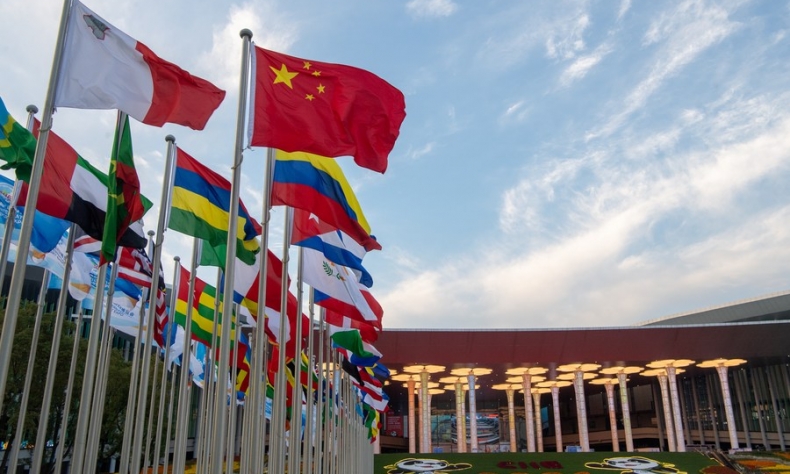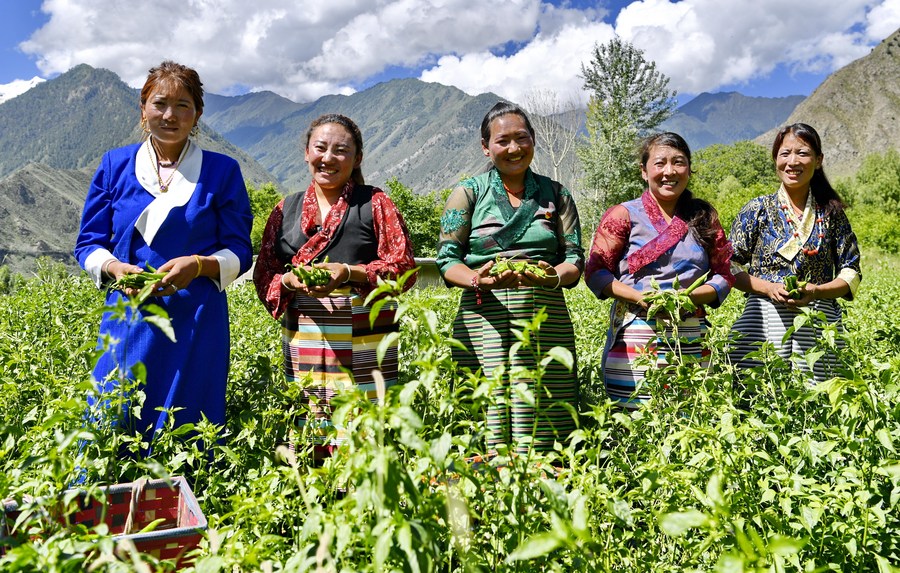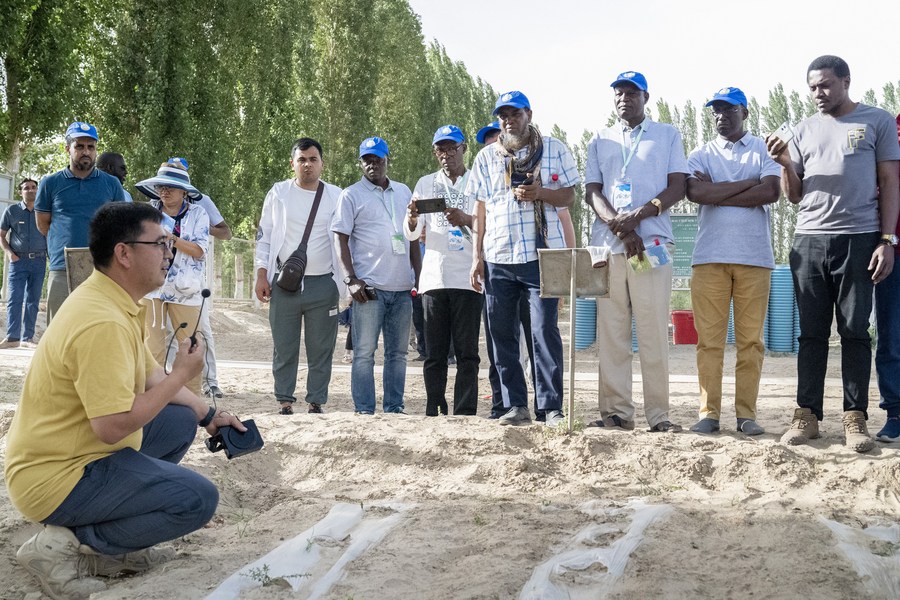Global Development Initiative: Common Prosperity and Interdependence

Both the GDI and the BRI are important international cooperation initiatives and important global public goods provided by China to the world.
China’s Global Development Initiative (GDI) is emerging as a transformative force in the international arena. With its main components and objectives aimed at fostering connectivity and cooperation between continents, this ambitious project has attracted immense attention around the world.
As the world’s second-largest economy, China’s commitment to this initiative signals its determination to play a leading role in shaping the global governance system, promoting countries’ integration and economic growth.
The GDI is intertwined with political and spiritual factors of humanity, which brings a fresh understanding of this initiative; as well as an opportunity to look from the Global South at an alternative model and path to the one proposed by the West historically on what development and its various manifestations should be. Thus, the study of this initiative opens the doors to conceive a new de-colonial view of international relationship and cooperation in a multipolar world.
The eight priorities on which the GDI focuses are: (i) poverty alleviation, (ii) food security, (iii) attention to Covid-19 and vaccines, (iv) financing for development, (v) climate change and green development, (vi) industrialization, (vii) digital economy, and (viii) connectivity.
The central concept of the GDI is development, while in the Belt and Road Initiative it is connectivity, so there are clear differences between the two initiatives. The central instance of the first is the National Development and Reform Commission and in the second the China International Development Cooperation Agency; similarly, the focus of attention in the first is developing countries and in the second, it has been countries in Africa, Asia, Europe and gradually a global expansion.
Both the GDI and the Belt and Road Initiative (BRI) are important international cooperation initiatives and important global public goods provided by China to the world. Both are dedicated to promoting win-win international cooperation and will make important contributions to the implementation of the United Nations 2030 Agenda for Sustainable Development. Both follow the spirit of partnership characterized by openness and inclusion. China welcomes the active participation of all parties in these proposals. Both initiatives are independent of each other, each with its own unique approach to areas and priorities of cooperation.

The common prosperity of all peoples highlights interdependence and the need for joint development among all countries to achieve global well-being. It implies that the progress of one country should not be achieved at the expense of others, but through collaboration and mutual cooperation that benefit all.
The Global Development Initiative is an open platform for promoting common development and prosperity, which involves international cooperation in pursuit of shared goals. It constitutes the collective construction of a vision of the world, sustained by shared principles and values, based on respect, tolerance, dialogue and harmony.
President Xi Jinping proposed the GDI at the UN General Assembly in 2021 with the well-being of all humanity as the main goal in his mind. The 2030 Agenda is being accelerated through the creation of a global development community that prioritizes development and puts people’s needs at the forefront.
More than 100 nations and numerous international organizations, including the United Nations, have endorsed the GDI one year after its founding. The GDI Group of Friends now counts more than 60 nations as members. As nations cooperate to achieve development today, the Group of Friends has become an important force promoting international cooperation and coordination. As we discuss the implementation of the 2030 Agenda with the UN development system, it has also become a useful forum.
Within the framework of global governance in building equal and orderly multilateralism, China seeks to promote an international system based on principles of equality, justice and non-interference in the internal affairs of other countries. It focuses on cooperation based on mutual benefits and the harmonious relations between different nations, a vision in which all States are called to be a part.

The GDI calls to establish a more just and equitable global order. In its beginnings it was an idea, a vision, and today it is a scientific system, the practice of which demonstrates the right side of history, the right side of development. It implies a rationality based on coexistence and mutual interest, whose profits are shared by its members.
As a platform and global public good, the Global Development Initiative is an open instrument of international cooperation with a number of flagship projects, including Global Partnership for Poverty Reduction and Development, Global Association for Clean Energy Cooperation, Bamboo as a Substitute for the Plastics Initiative, Partnership for the New Industrial Revolution, International Alliance for Vaccine Research, Development and Innovation Satellite Constellation Plan for Sustainable Development, Big Earth Chemical Sciences Program, Improvement of the China South-South Cooperation Assistance Fund. In the areas of poverty reduction, pandemic response and vaccines, food security, climate change and green development, industrialization, digital economy, and connectivity of the digital age, there are around 50 projects.
The GDI pays attention to the challenges faced by developing countries. These countries are often in vulnerable situations due to structural constraints, lack of resources and systemic inequalities. The cooperation platforms developed play a key role in providing technical and financial support, facilitating technology transfer, and promoting South-South and triangular cooperation among participants at different levels and collaborating with each other, while creating that shared future in the search for harmony and unity in the diversity.
The author is Director, PhD in Public and Business Management, Central American Institute of Public Administration (ICAP/SICA), and Researcher of Center for Historical Research of Central America, University of Costa Rica.
The article reflects the author’s opinions, and not necessarily the views of China Focus.
 Facebook
Facebook
 Twitter
Twitter
 Linkedin
Linkedin
 Google +
Google +










